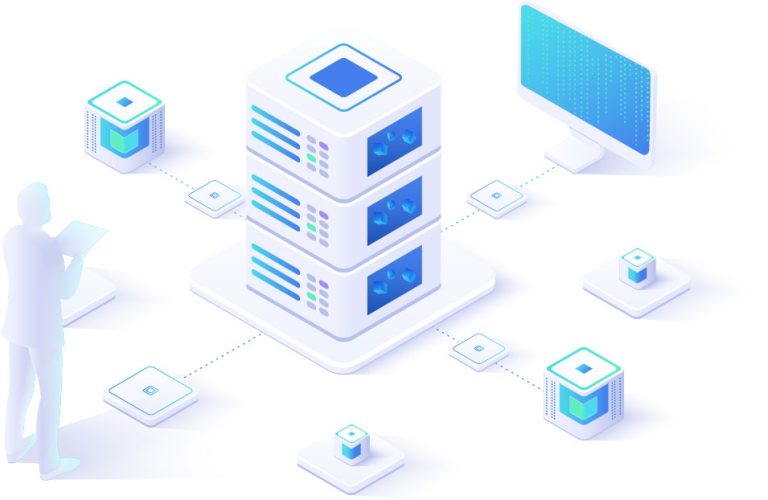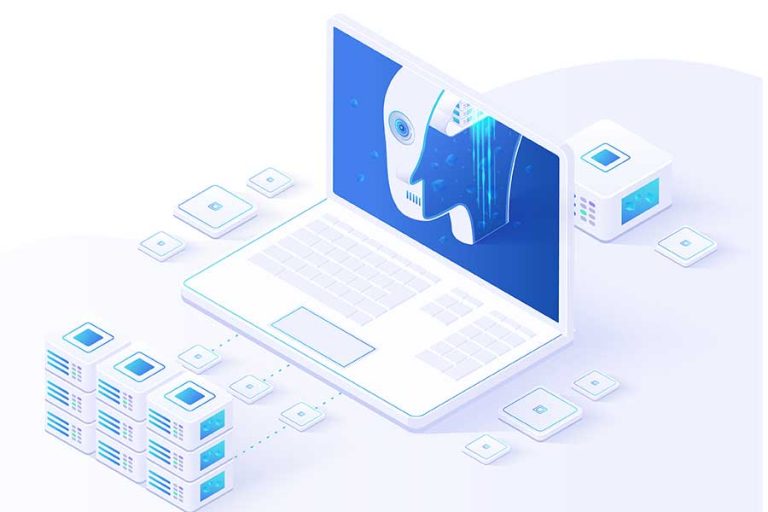Our technology strategy prioritizes security at every stage, which is why we develop the majority of our solutions in-house rather than relying on third-party services. This approach enables us to deliver a unified, secure environment with comprehensive, end-to-end management of all resources, ensuring the highest standards of protection, operational integrity and reliability.

Optimize your business with scalable, secure cloud solutions tailored to drive efficiency and support growth.

Protect your operations with advanced cybersecurity frameworks that safeguard data and mitigate risks across all touchpoints.

Experience seamless IT support designed to maximize uptime, resolve issues swiftly, and enhance productivity.

Ensure regulatory alignment and reduce risk with comprehensive compliance services that meet industry standards.

Empower communication with reliable, feature-rich phone systems designed to support collaboration and improve client engagement.

Secure your facilities with solutions that provide continuous, high-definition monitoring and peace of mind.

Wingu Technology’s Full Engineering Services provide comprehensive support from concept to implementation. Our team of seasoned engineers collaborates with your business to design, develop, and deploy customized solutions that meet your unique technical and operational requirements. Whether optimizing existing systems or building from the ground up, we ensure your infrastructure is robust, scalable, and fully aligned with your business goals.
Customized engineering solutions that align with your business goals and technical requirements.
Full-service planning, design, and deployment for cohesive system operation.
Proactive management to ensure peak performance and reliability over time.
Wingu Technology empowers businesses to bring cloud-hosted data and applications back under direct control. Our Cloud Repatriation services enable a seamless transition from public clouds to private, on-premise, or hybrid environments, enhancing data security, reducing costs, and improving performance. With our expertise, you can optimize your cloud strategy to balance flexibility, privacy, and long-term sustainability.
On-premise infrastructure keeps sensitive data under your direct control.
Dedicated systems that meet rigorous privacy and compliance standards.
Easily adaptable solutions that grow with your business needs.


For businesses that require high-performance computing with zero compromise on privacy and control, Wingu Technology offers Dedicated Infrastructure solutions. We design and deploy infrastructure tailored to your business needs—whether on-premise or in a private cloud—ensuring consistent performance, high availability, and total data ownership. Experience a solution that’s engineered exclusively for your operations.
Systems designed to maximize productivity and operational efficiency.
Built to evolve with your industry demands and business growth.
From setup to maintenance, ensuring your systems are always optimized.
Speed and security are at the core of our platform solutions. Wingu Technology provides fast, resilient platforms that keep your business running smoothly and securely. Designed with cutting-edge cybersecurity measures and optimized for high performance, our platforms support your critical applications, enhance productivity, and safeguard against threats—empowering your business to move forward confidently.
Fast, resilient network solutions engineered for performance.
Advanced protection against threats, keeping your data safe.
Customizable designs supporting both growth and enhanced data security.

Our pricing plans are intentionally designed to offer exceptional value, combining enterprise-grade services with affordability. Whether you’re an emerging business or a growing enterprise, our tiered bundles deliver secure, scalable, and compliant solutions at a fraction of the market rate. Each plan includes features often sold separately—such as HIPAA/PCI-DSS aligned hosting, website development, encrypted file sharing, and expert IT support—bundled for significant savings and simplified management.
With predictable monthly pricing, expert guidance, and the flexibility to grow with your business, our solutions provide not only cost-efficiency but also strategic alignment with your operational goals.
Contact us for a detailed breakdown and personalized recommendations.
Wingu (pronounced wee-in-goo) is Swahili for Cloud. Swahili is a native language spoken in the central-east portions of Africa.
Copyright © 2015 – 2025 Wingu Technology Wingu Technology LLC. All Rights Reserved.
Logos and images displayed are trademarks or registered trademarks of their owners or its subsidiaries in the US and other countries.
Wingu (pronounced wee-in-goo) is Swahili for Cloud. Swahili is a native language spoken in the central-east portions of Africa.
Copyright © 2015 – 2025
Wingu Technology Wingu Technology LLC.
All Rights Reserved.
Logos and images displayed are trademarks or registered trademarks of their owners or its subsidiaries in the US and other countries.